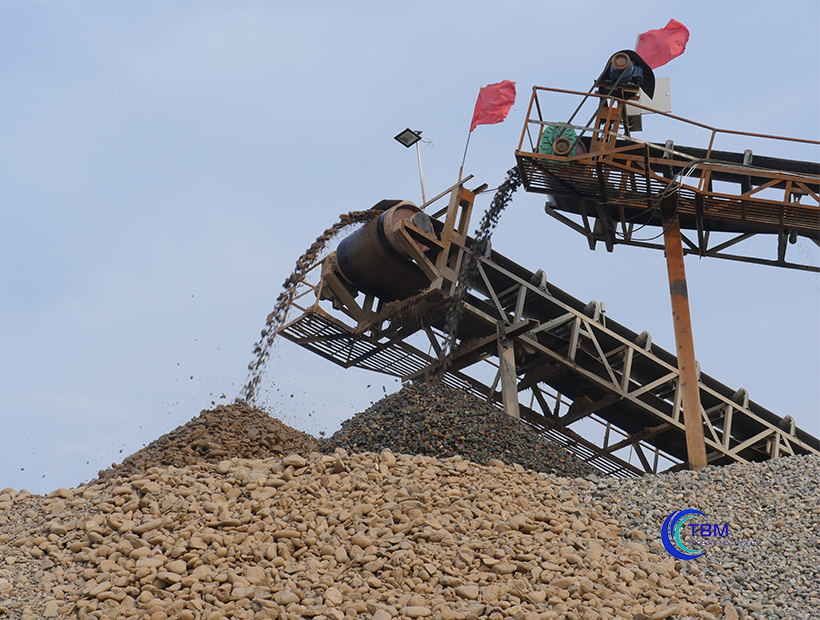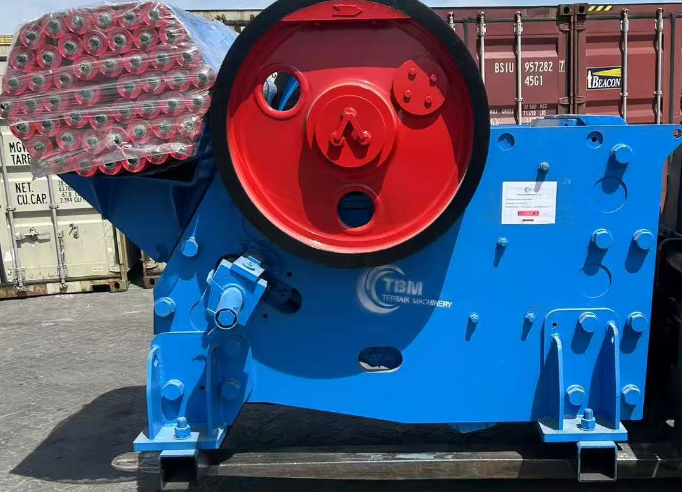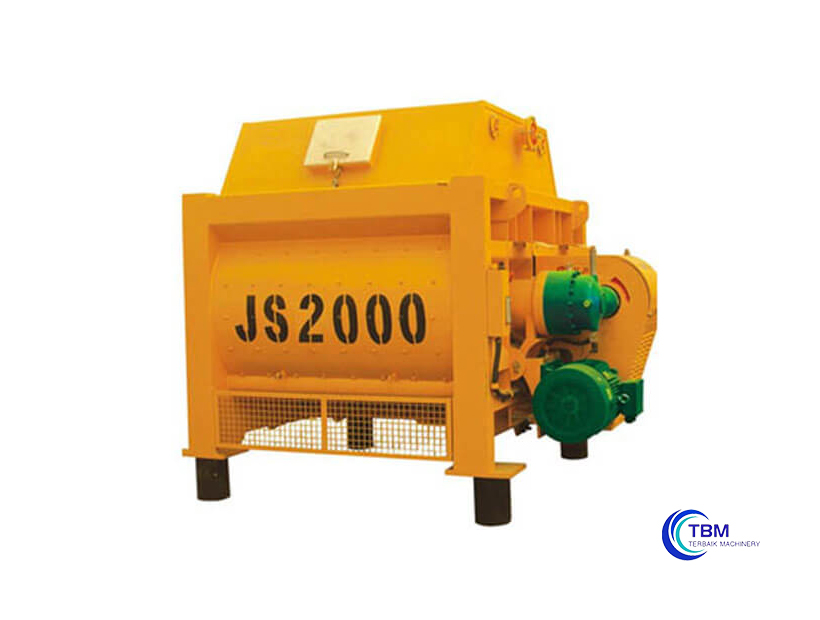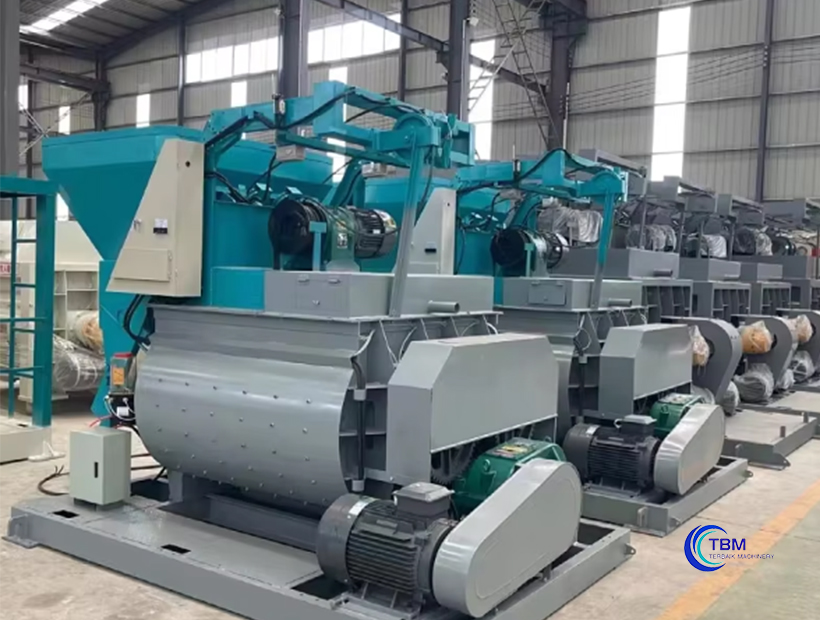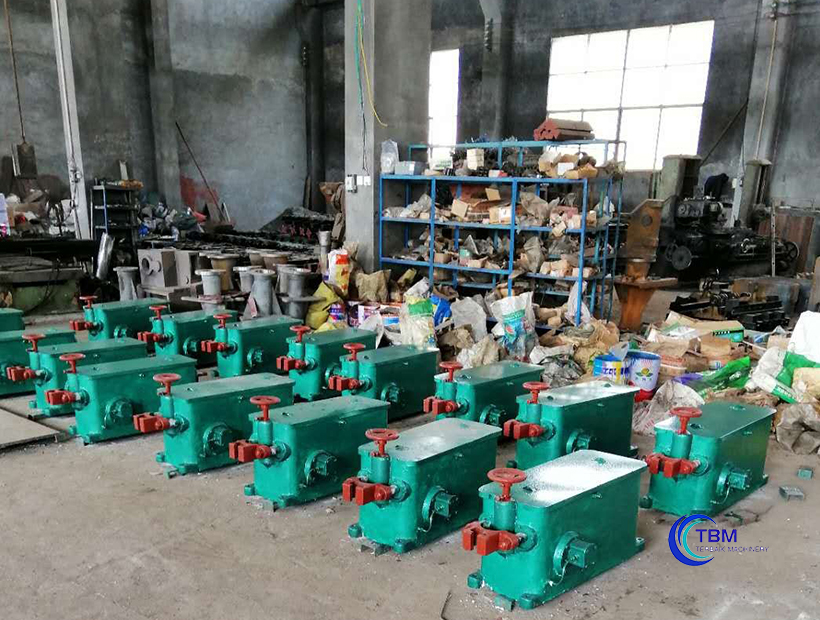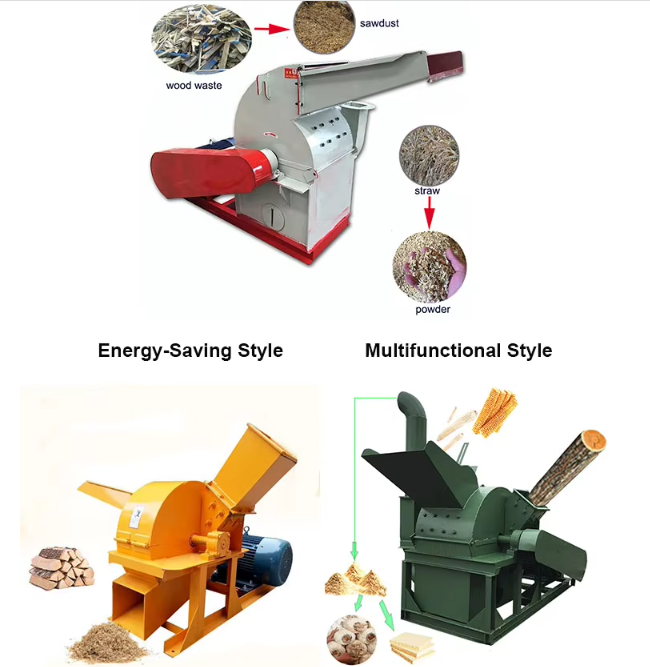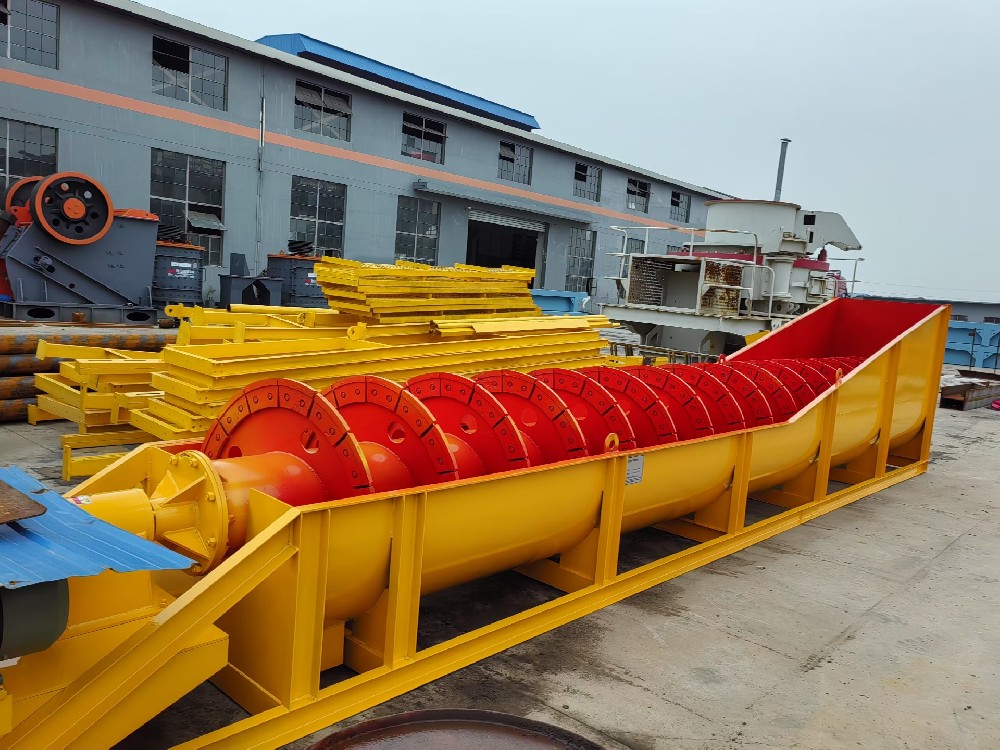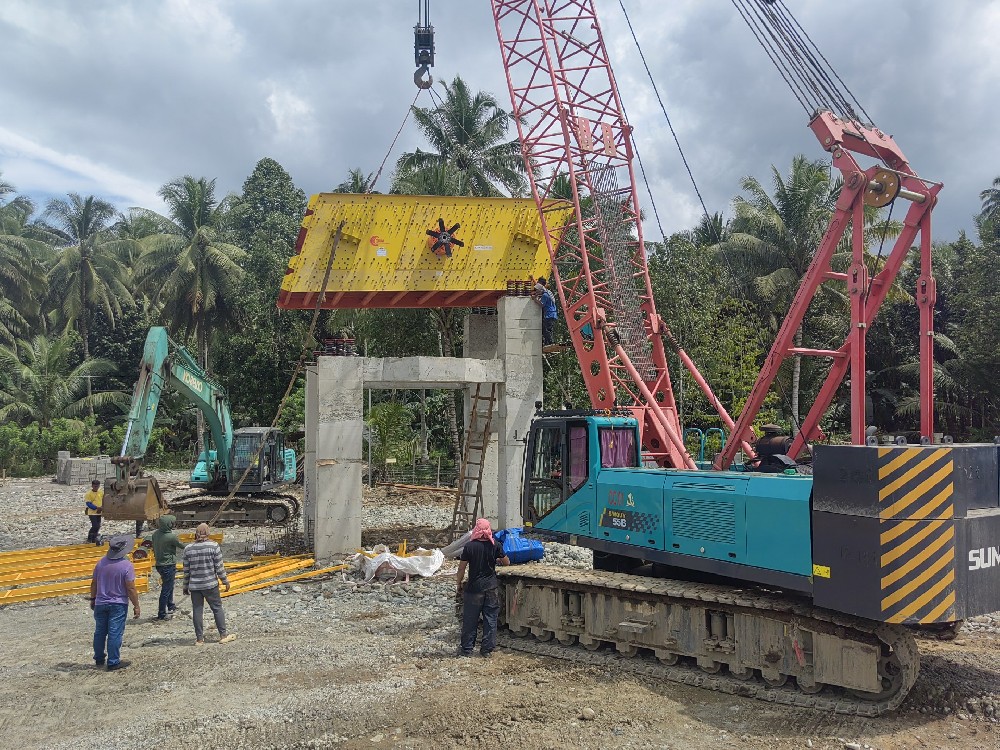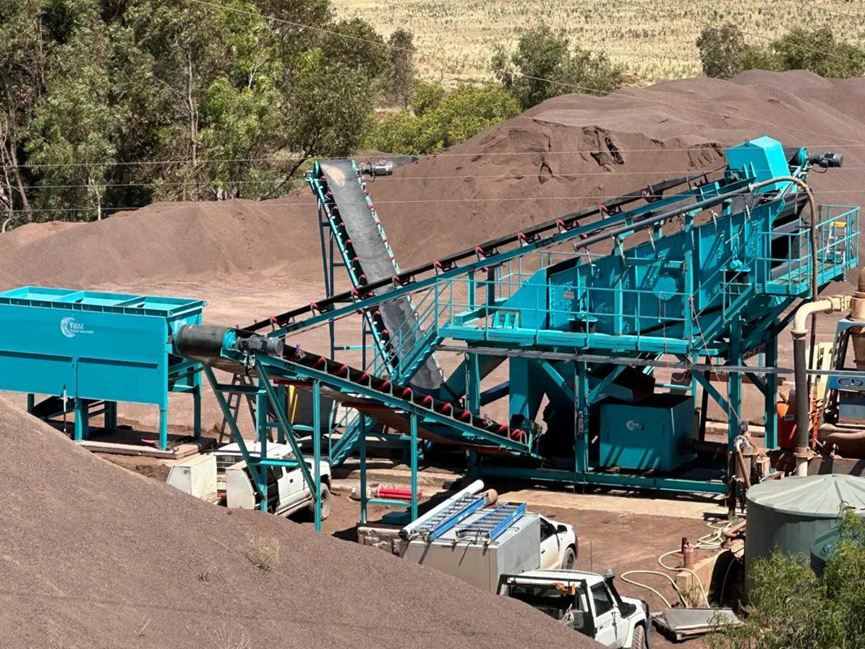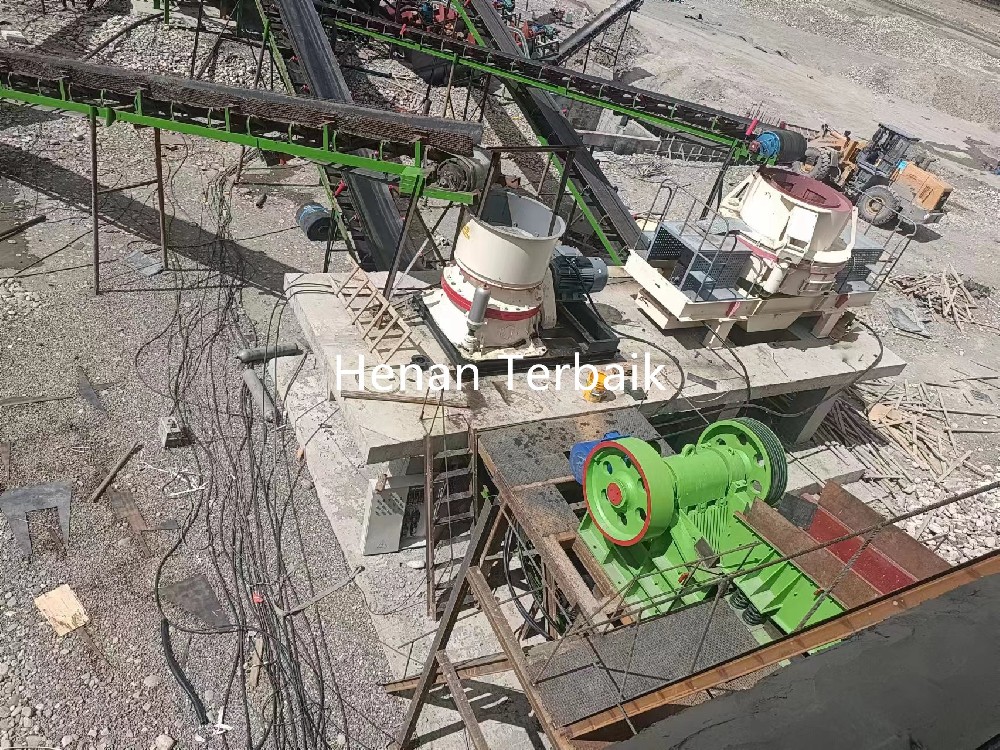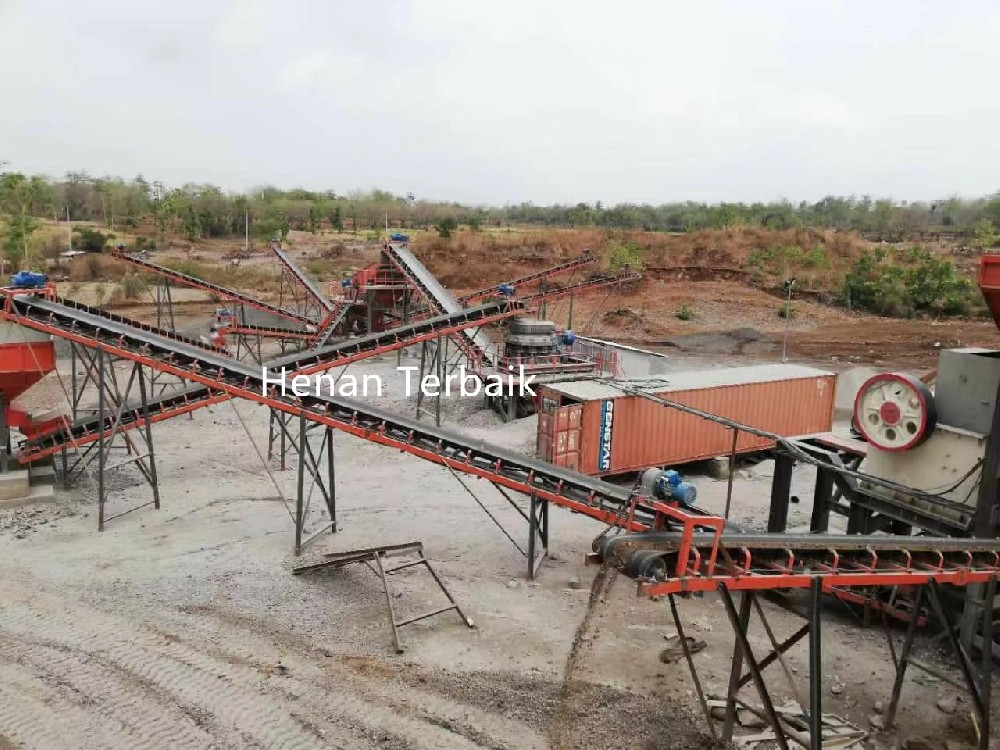Henan Terbaikmachinery is a prominent name in the production of mining crushing equipment, offering innovative solutions tailored for the unique needs of customers in Southeast Asia and Africa. With a focus on river stone crushing plants, this article delves into the benefits, profitability, setup process, and operational efficiency of river stone crusher plants.
What are the Benefits of River Stone Crusher Plants?
River stone crusher plants offer several advantages that make them a popular choice for various construction and landscaping projects:
High Durability: River stones are naturally tough, and a dedicated crushing plant efficiently processes them into usable aggregates while maintaining their integrity.
Versatility: The crushed river stones can be used for concrete production, road construction, and landscaping, catering to diverse market needs.
Cost-Effectiveness: Utilizing river stones, which are often locally sourced, can reduce transportation costs compared to other materials.
Environmental Impact: The use of river stones helps minimize the environmental footprint, as they are naturally abundant and require less energy to process than some synthetic materials.
Aesthetic Appeal: Crushed river stones provide a visually appealing finish for landscaping projects, adding value to residential and commercial properties.
Is River Stone Crusher a Profitable Business?
Yes, establishing a river stone crusher plant can be a highly profitable venture. The demand for construction materials, especially in developing regions, is continuously growing. The profitability stems from:
Steady Market Demand: The increasing infrastructure projects in Southeast Asia and Africa ensure a consistent demand for aggregates.
Low Operational Costs: The cost-effective nature of river stones, combined with efficient processing techniques, leads to higher profit margins.
Diverse Applications: The versatility of crushed river stones in various industries—from construction to landscaping—opens multiple revenue streams.
How to Set Up a River Stone Crusher Plant?
Setting up a river stone crusher plant involves several key steps:
Site Selection: Choose a location close to river stone deposits to minimize transportation costs.
Equipment Selection: Acquire the necessary equipment, including:
Jaw crushers for primary crushing
Cone crushers for secondary crushing
Screening equipment for sorting sizes
Infrastructure Development: Build the necessary infrastructure, including access roads, power supply, and water management systems.
Compliance with Regulations: Ensure all local environmental and safety regulations are met before starting operations.
Staff Training: Train your team on operating the machinery and maintaining safety standards to maximize productivity.
How Does a River Stone Crushing Plant Work?
A river stone crushing plant operates through a systematic process designed to convert large river stones into usable aggregates:
Material Feeding: River stones are fed into the primary jaw crusher, where they are crushed into smaller sizes.
Primary Crushing: The jaw crusher reduces the stone size, preparing it for further processing.
Secondary Crushing: The smaller stones are transferred to a cone crusher for further reduction, achieving the desired size for specific applications.
Screening: The crushed material is passed through screening equipment to sort it by size, separating fine aggregates from larger pieces.
Storage or Distribution: The finished products are stored on-site for future use or distributed to customers for immediate application.
This efficient process ensures that river stones are effectively transformed into high-quality aggregates that meet industry standards.
Conclusion:
For businesses considering investment in river stone crushing plants, Henan Terbaikmachinery provides the expertise and equipment necessary to succeed. With significant benefits, a strong market demand, and efficient operational methods, river stone crushers present an attractive opportunity for profitability and sustainable growth in the mining and construction industries.




